This is the Power of Water - How Ha Rannakoe Primary School Was Transformed by Clean Water and Sanitation
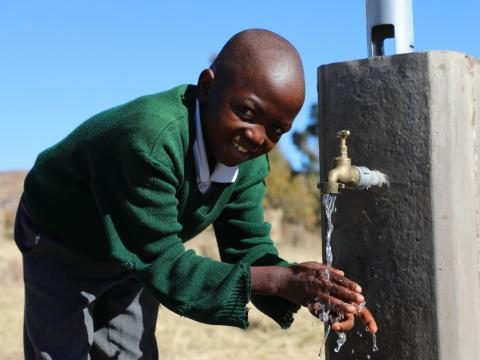
By: Lerato Brown, Communications and Marketing, World Vision Lesotho
In the southern lowlands of Lesotho, where the landscape is dry and dusty, and rivers often run low, water is a rare and precious resource. Though Lesotho is famously known as the “Water Tower of Southern Africa,” many rural communities; especially in the Matelile area of Mafeteng District; suffer from severe water scarcity.
This was the daily reality for learners at Ha Rannakoe Primary School, a small school serving a large rural population. For years, the children attended classes under extremely difficult conditions, without access to clean water or adequate sanitation facilities. The consequences went beyond discomfort; they affected every aspect of the children’s health, dignity, learning, and well-being.
Before Water: A Daily Struggle for Dignity and Survival
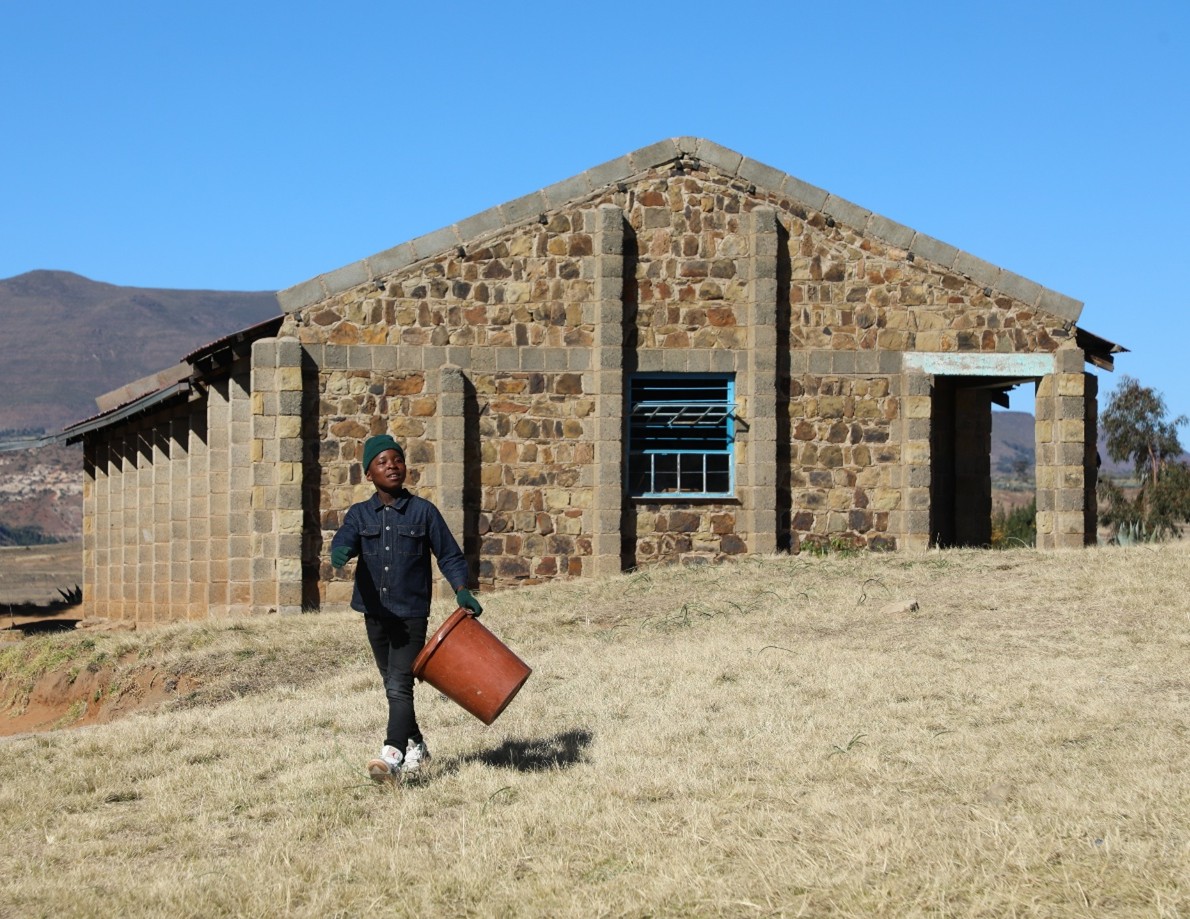
At Ha Rannakoe, water scarcity was not just an inconvenience; it was a crisis. Children had no choice but to drink from open streams and rivers, walking long distances during class hours to fetch water in buckets. There were no handwashing facilities, no clean toilets, and no hygiene supplies. Learners couldn’t wash their hands after using the toilet, and many fell ill from waterborne diseases. “We would sometimes miss lessons just to go fetch water,” recalls Reitumetse, 15. “When the water ran out, we had to go to the river. We couldn’t wash our lunch boxes or drink clean water.”
“We would sometimes miss lessons just to go fetch water,...When the water ran out, we had to go to the river.” - Reitumetse, 15
Even the school’s feeding programme, designed to ensure every child receives at least one nutritious meal each day, was at risk. Without water for cooking or cleaning, food preparation was frequently halted, and students went hungry. “Sometimes, there would be no food,” says Makhauwe, 14. “We would just sit in class with empty stomachs. For many of us, this was the only meal of the day.”
“We would just sit in class with empty stomachs. For many of us, this was the only meal of the day.”- Makhauwe,14
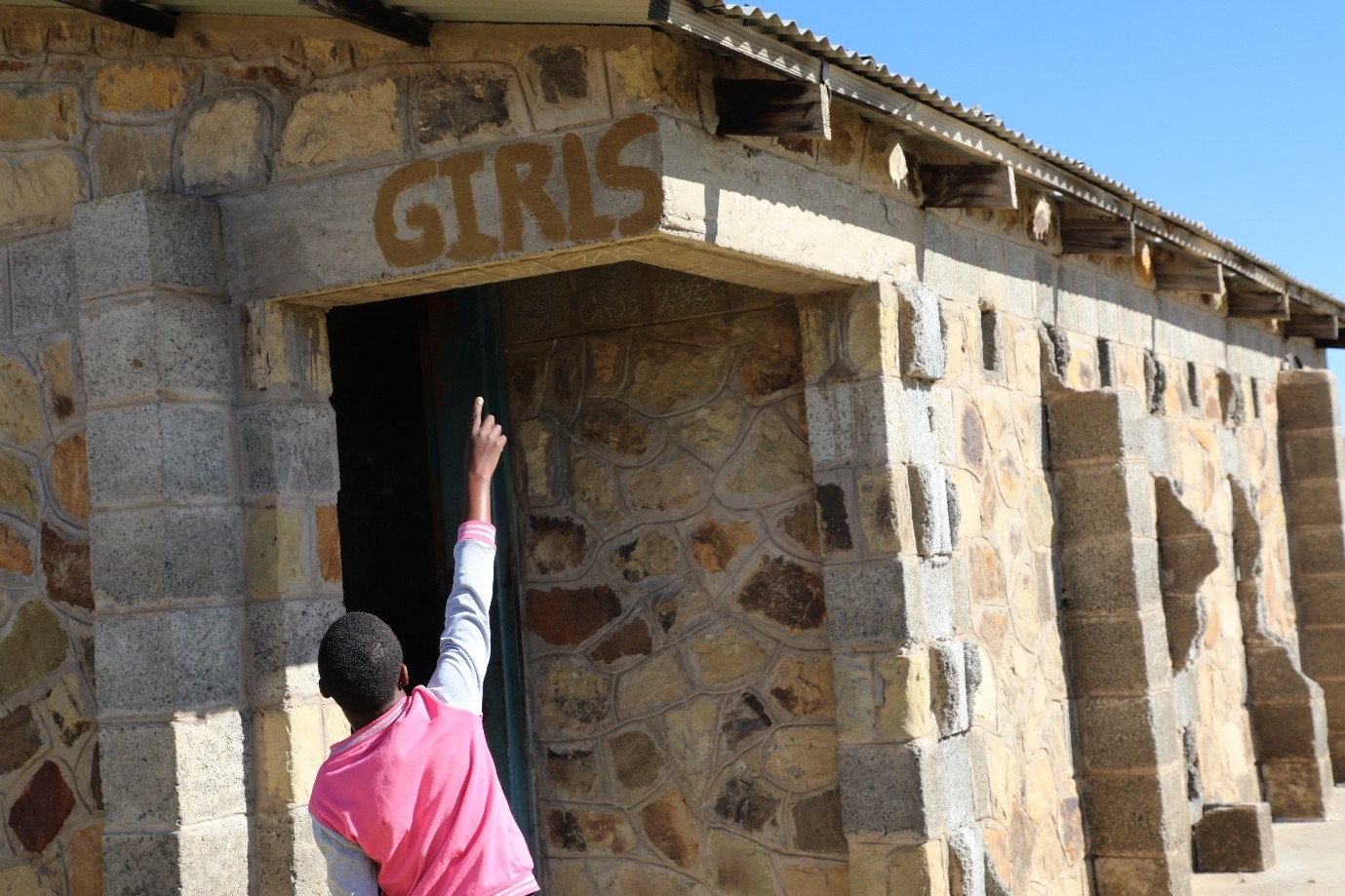
Worse still, the school had only eight dilapidated pit latrines for boys and girls, shared by all learners. The insides were old, unsanitary, and without doors, robbing children of privacy and dignity. Girls were especially affected. “We had no safe place to go when we were on our periods,” shares Reitumetse. “We stayed home. It felt like school wasn’t for us.”
“We had no safe place to go when we were on our periods,” - Reitumetse
Transformation Through Water
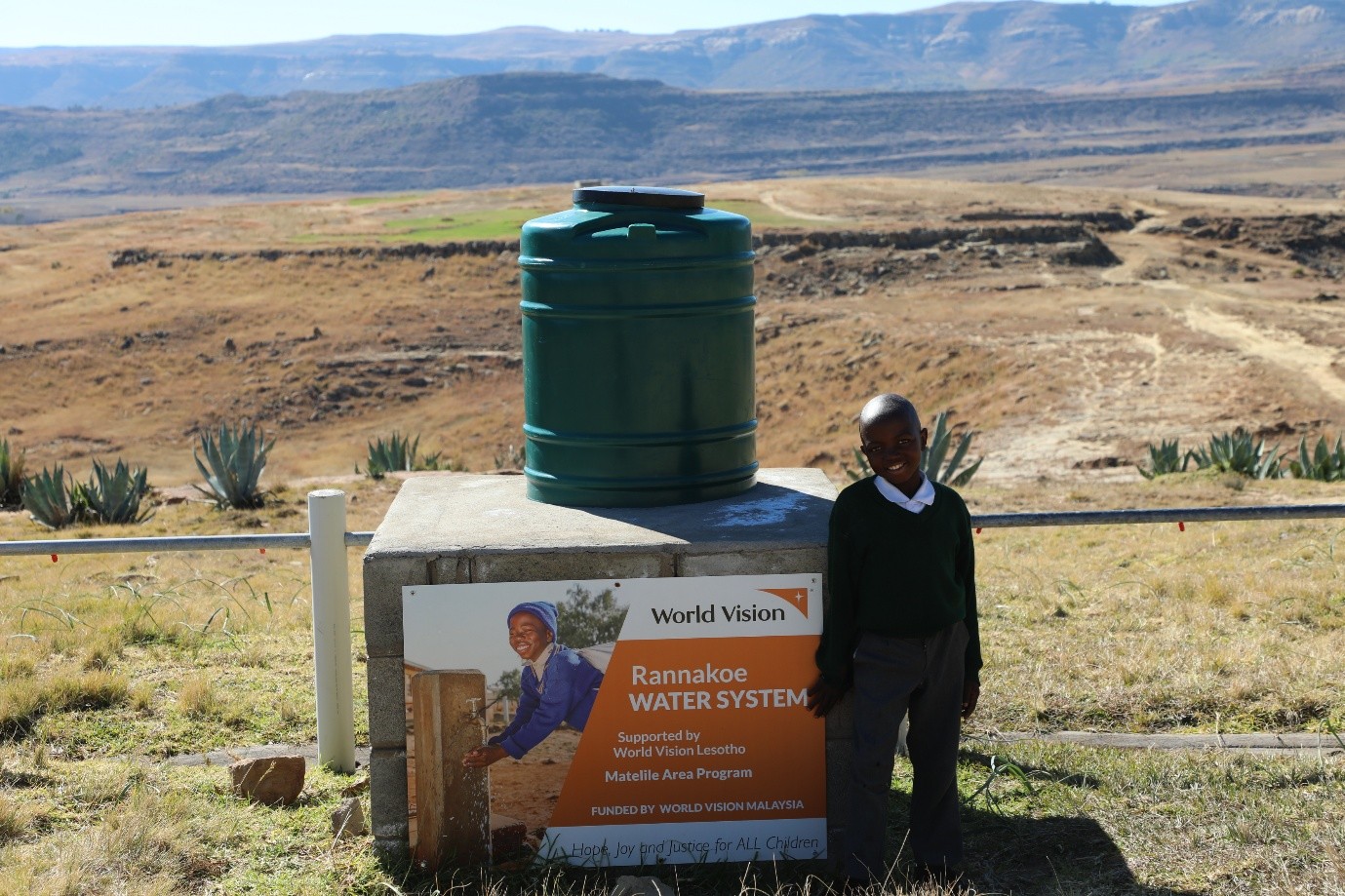
In 2024, World Vision International Lesotho, with generous support from World Vision Malaysia, installed a sustainable water system and constructed dignified sanitation facilities at Ha Rannakoe Primary. The school now has a reliable clean water supply piped directly to the school, handwashing stations with soap near classrooms and toilets, new gender-segregated and disability friendly toilets, built with doors, a revived school feeding programme with healthy, consistent meals and a thriving vegetable garden, maintained by learners and used to supplement meals.
The change has been nothing short of revolutionary. “We now wash our hands, our lunch boxes, and drink clean water every day,” says Mokhoele, 11. “We even help water the vegetables. We’re proud of our school now.”
“We now wash our hands, our lunch boxes, and drink clean water every day,” - Mokhoele,11
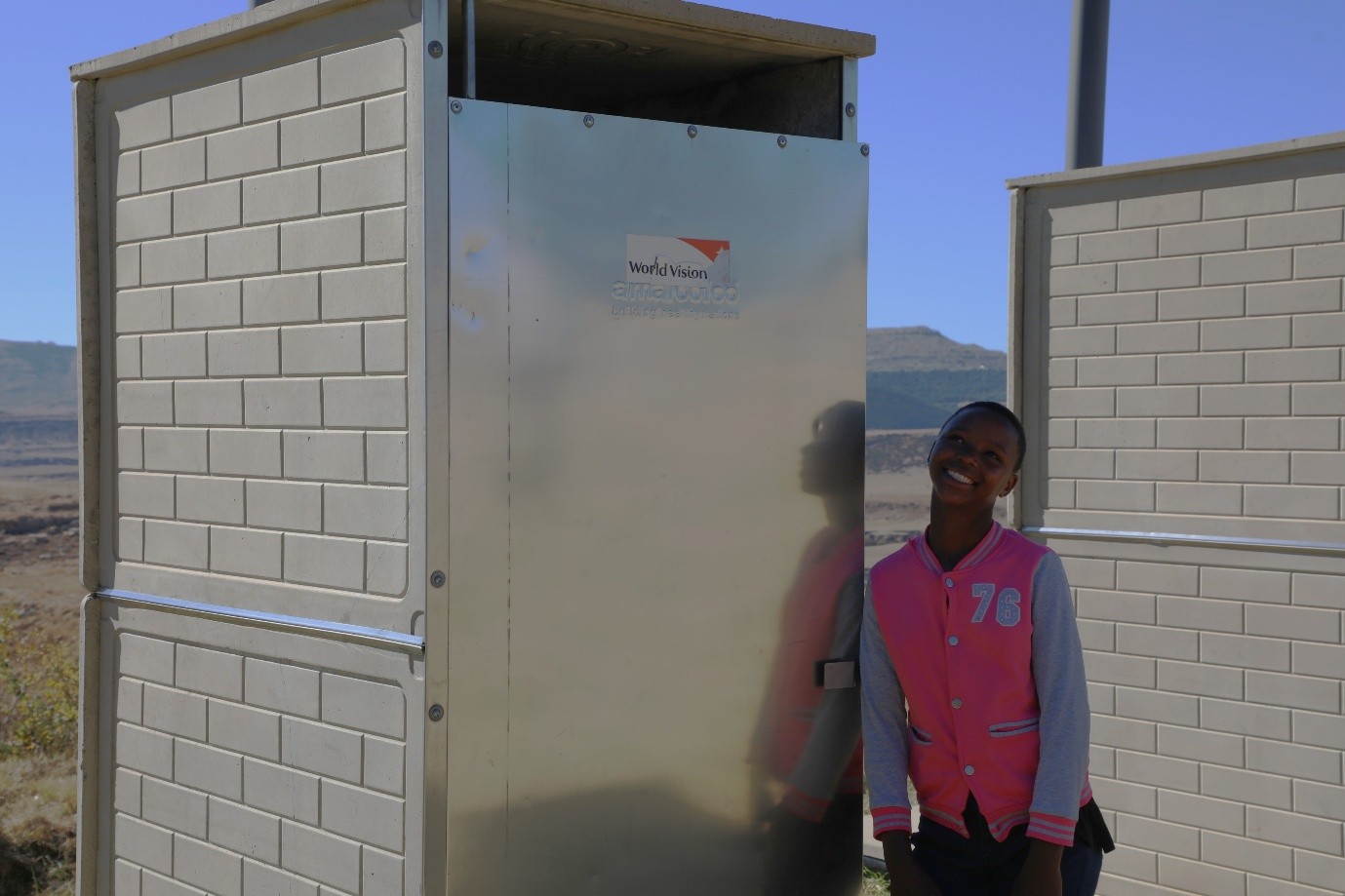
“The toilets are clean, and we don’t have to wait anymore, Girls like me feel respected and safe.”- Reitumetse, 15
School Gardens, Nutrition & Responsibility
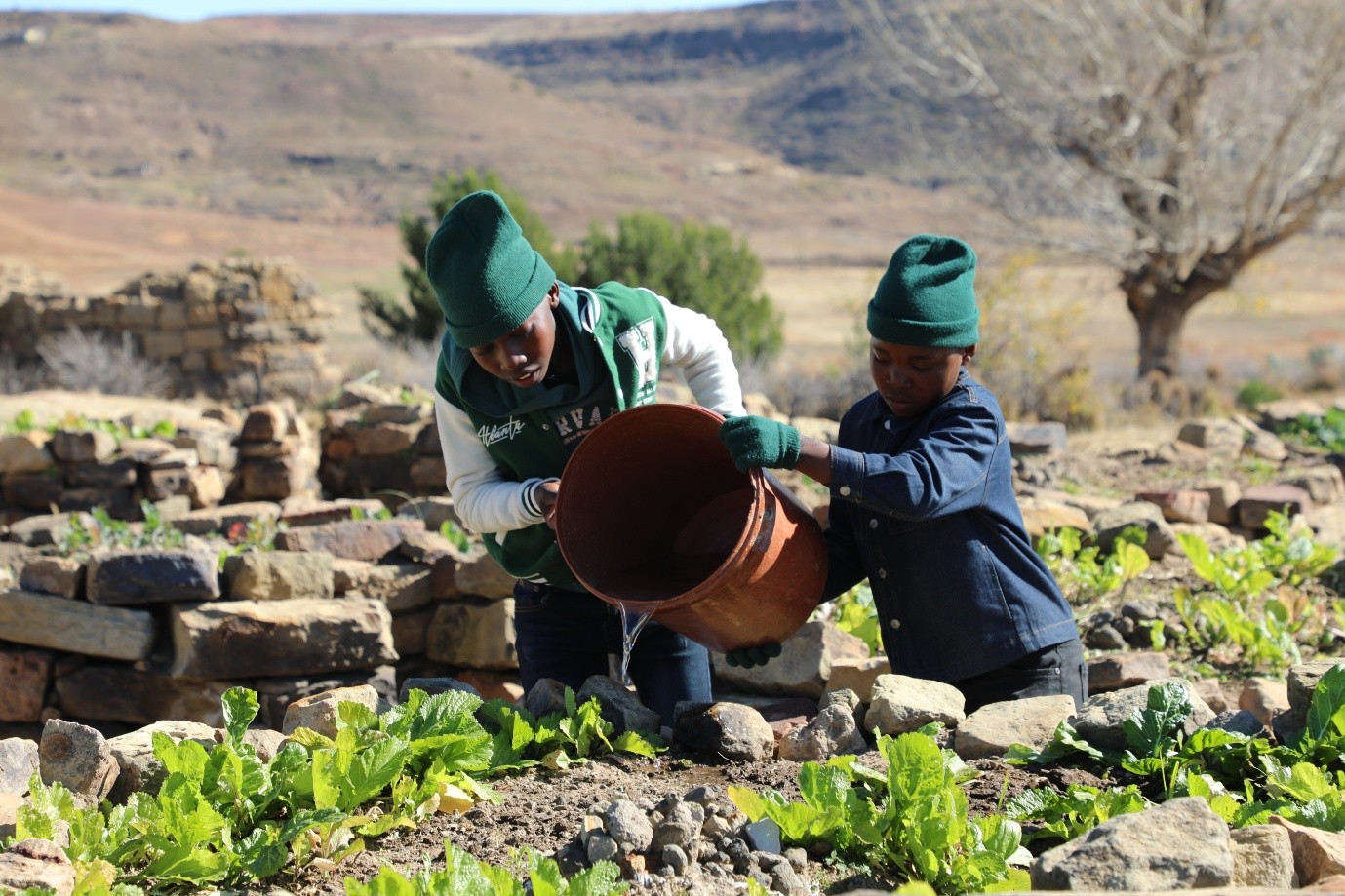
With clean water now flowing, the school established several vegetable plots, which the students take turns maintaining. These gardens provide an endless supply of fresh vegetables; for the daily meals. “We eat well every day now,” smiles Makhauwe. “And we helped grow the food ourselves!”
“We eat well every day now,”- Makhauwe.
This has not only improved the nutritional value of the meals, but it’s also teaching children life skills in agriculture, responsibility, and teamwork.
Education Reignited
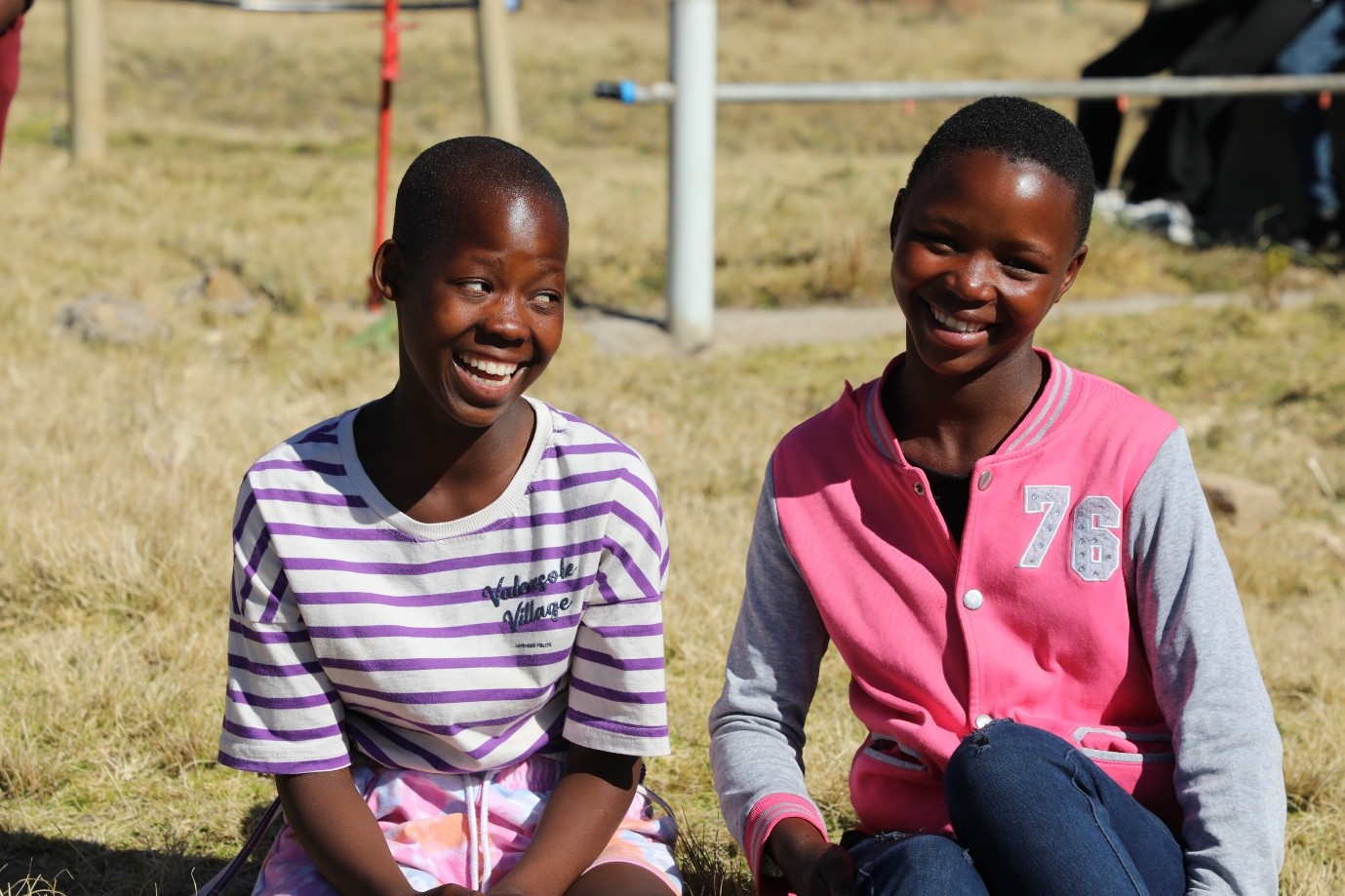
According to the school’s head, Principal Seshophe Sempe, the transformation has had a clear impact on education outcomes: “Children arrive at school early. They are more attentive, they’re healthy, and we’re seeing a marked improvement in academic performance. There is pride in being part of this school now.” Girls who once missed school for days each month due to lack of safe, private toilets now attend school consistently. Children who once walked to rivers now walk straight to class.
Why It Matters
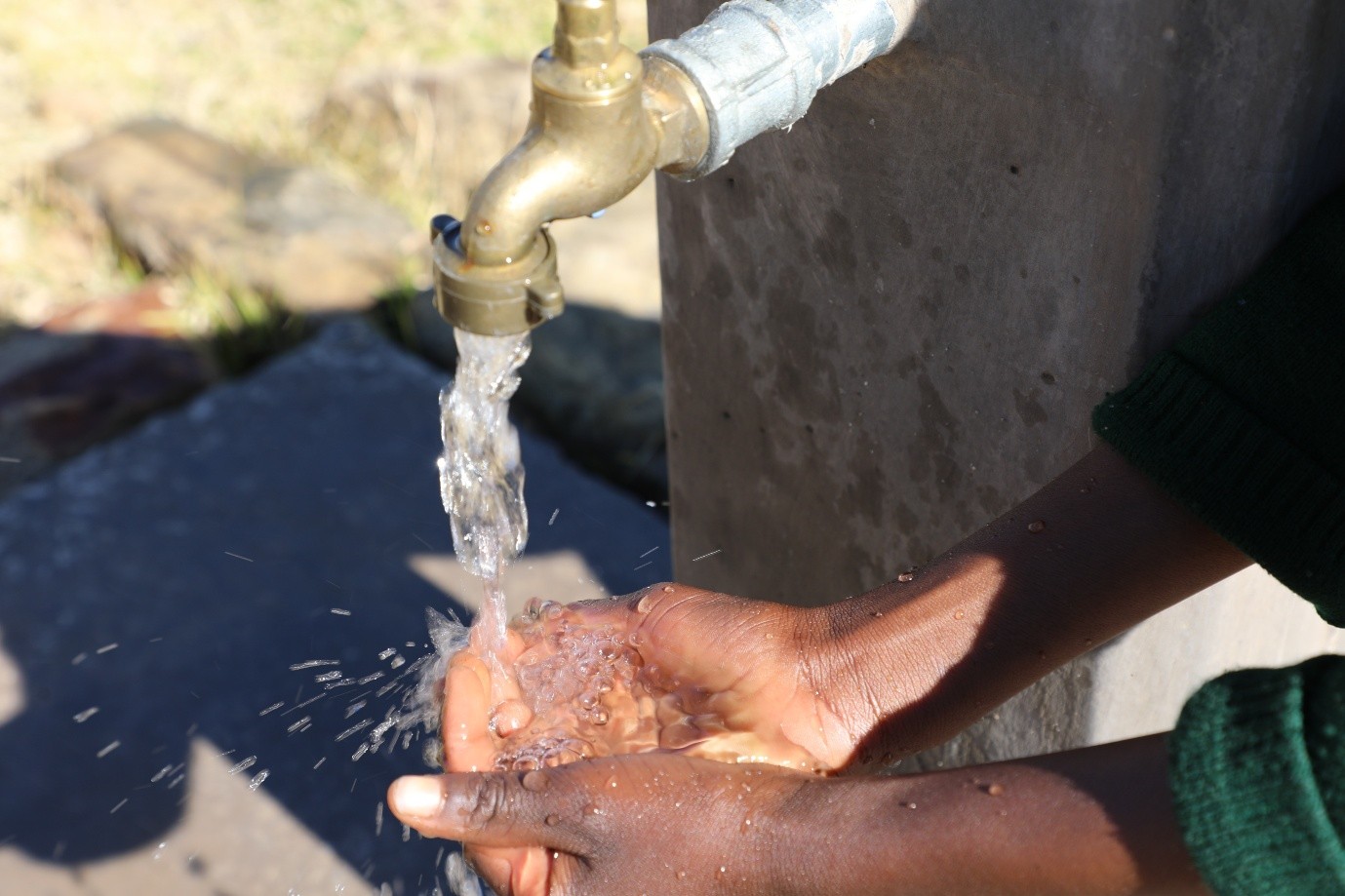
The story of Ha Rannakoe Primary is just one example; but it’s a powerful one. Water and sanitation in schools is not just a matter of infrastructure; it’s a matter of human rights. It influences children’s ability to learn, to grow, and to succeed. It protects health, upholds dignity, promotes gender equality, disability inclusion and transforms futures. Yet many schools across Lesotho still struggle without safe water, functioning toilets, or a way to provide healthy meals.
Water is life. Sanitation is dignity. And every child deserves both.
When donors and partners support water and sanitation projects like this, they are doing more than building taps and toilets; they are building hope, restoring dignity, and unlocking a child’s full potential. “Thank you to World Vision Malaysia and the people who helped us,” says Mokhoele. “You changed our lives.” Let’s not stop here. Help us bring clean water and dignity to every school, every child, in every corner of Lesotho.
🔗 Learn more about our WASH programmes | Partner with us